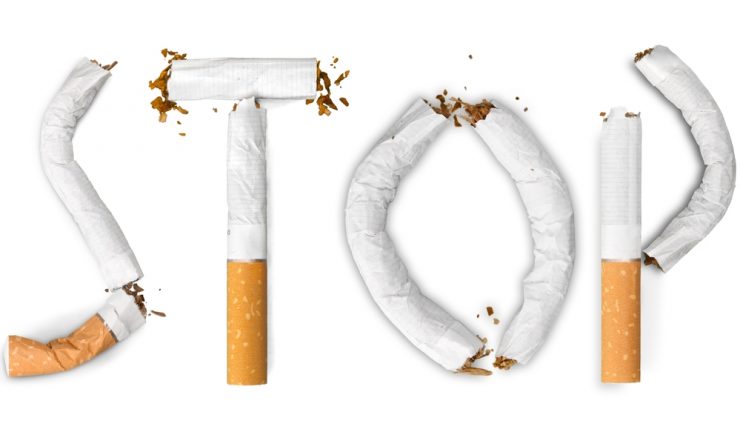People with HIV are enjoying longer lives than they could a couple of decades ago. A healthy lifestyle and proper medical maintenance are two reasons that this is possible. Unfortunately, smoking can have a very negative effect on the quality of life of HIV patients.
Because smoking weakens the immune system, which has already been damaged by HIV, these patients are at greater risk of developing complications from the medications used to treat their conditions. Smoking can also cause HIV drugs to be less effective. It can cause patients to become nauseated from the medications.
Smoking puts HIV patients at greater risk of chronic lung disease and can interfere with liver function. Resistance to infection is reduced for these patients. They are more susceptible to bacterial pneumonia, pneumocystis pneumonia and thrush than a smoker who does not have HIV.
HIV positive patients who smoke have a risk of developing AIDS faster than those who do not smoke. They also have a much higher risk of dying of lung cancer. Although HIV treatment increases the risk of heart attack, smoking is also a major contributing factor. Osteoporosis is another complication of HIV and smoking. The bones become weakened, increasing the risk of fracture.
Smoking can definitely wreak havoc on an individual who is HIV positive. To enjoy the extended and improved quality of life that HIV patients experience today, quit smoking. A physician will be able to help with a cessation plan and will monitor the condition of the patient’s health while quitting.













